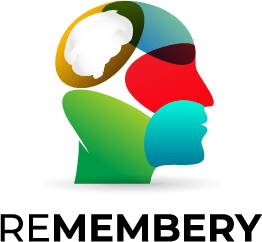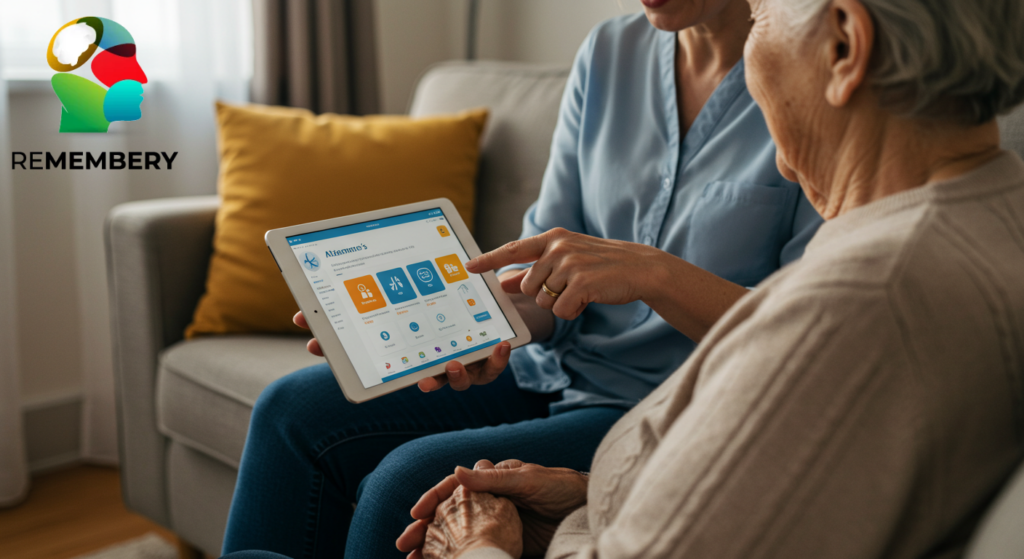Alzheimer’s disease is a progressive neurological disorder that affects memory, thinking, and behavior. It is the most common form of dementia, and as the global population ages, more families are faced with the challenges of caring for someone living with Alzheimer’s. For both patients and their caregivers, maintaining daily routines and managing memory loss becomes increasingly difficult. Fortunately, technology has emerged as a valuable tool to alleviate some of these challenges, offering innovative ways to support those living with Alzheimer’s and those providing Alzheimer patient care.
Understanding Alzheimer’s Disease and Memory Loss
Alzheimer’s disease is often marked by severe memory loss, disorientation, and a gradual decline in cognitive abilities. It’s crucial to understand that Alzheimer’s is a specific form of dementia, though the terms are often used interchangeably. While both involve cognitive decline, dementia refers to a broader category of brain disorders, whereas Alzheimer’s disease is a specific condition within this category. The distinction between Alzheimer’s and dementia is important because Alzheimer’s is characterized by plaque buildup in the brain that affects memory and reasoning. For those living with Alzheimer, early diagnosis and intervention are critical for slowing the progression of the disease.
Daily Challenges Faced by Alzheimer’s Patients and Caregivers
Living with Alzheimer’s presents a daily set of challenges, both for the patients and their caregivers. As the disease progresses, Alzheimer’s patients experience significant memory loss and confusion, making it difficult for them to manage everyday tasks such as cooking, dressing, or remembering important appointments. Caregivers, often family members, are burdened with the responsibility of supporting their loved ones with these tasks while managing their own emotional and physical well-being. With the growing demand for Alzheimer patient care, finding ways to ease the pressure on caregivers and improve the quality of life for patients becomes essential.
How Digital Tools Can Help Alzheimer’s Patients and Caregivers
Digital tools are revolutionizing the way Alzheimer’s patient care is approached. One of the most effective technological solutions is the use of reminder applications. These applications can help patients manage daily routines by offering notifications for important activities such as taking medication, eating meals, or going to appointments. For caregivers, these digital tools help alleviate the stress of having to constantly remind their loved ones of essential tasks. With features that allow for custom alerts and user-friendly interfaces, a reminder application becomes an indispensable resource for both patients and caregivers dealing with the effects of Alzheimer’s disease.
The Role of Reminder Applications in Alzheimer’s Care
Daily reminders are crucial for individuals living with Alzheimer’s, as they help manage the memory loss associated with the disease. A reminder application can assist patients in remembering critical information and reduce the feeling of anxiety that often accompanies forgetfulness. These tools can be customized to provide reminders for various tasks such as personal hygiene, daily routines, and important appointments, which can sometimes be overlooked due to memory impairment. For caregivers, this provides a way to reduce the constant worry about whether their loved one will remember essential activities, thus improving the overall quality of care.
Using the ‘Remember Application’ to Improve Daily Routines
The ‘Remember’ application is an innovative tool specifically designed for those living with memory loss, such as Alzheimer’s patients. The app helps users by sending notifications for daily tasks, reminders for medication, and even prompts for personal activities, ensuring that patients are able to maintain some independence despite cognitive decline. For caregivers, the app serves as a tool to track and manage the patient’s routines and offer timely support when needed. As Alzheimer’s disease progresses, maintaining a sense of structure is vital, and applications like ‘Remember’ play an important role in ensuring patients can continue their day-to-day life with dignity.
Helping Caregivers Stay Organized and Informed
Caregiving for someone with Alzheimer’s disease can be overwhelming, as it often requires managing various aspects of care, including medication schedules, doctor’s appointments, and personal well-being. Digital tools such as reminder applications can assist caregivers in organizing their tasks and responsibilities. By providing timely notifications, these tools ensure that caregivers are aware of important deadlines and events, reducing the mental load associated with Alzheimer patient care. Additionally, these tools can offer valuable insights into the patient’s daily behavior and needs, allowing caregivers to provide more personalized and effective care.
Technology’s Role in Enhancing Alzheimer’s Patient Care
As Alzheimer’s disease progresses, the need for supportive technologies becomes increasingly evident. Alzheimer patients often face challenges in recalling important information or navigating daily tasks, and technology can step in to bridge the gap. With AI-powered apps and digital platforms that integrate voice commands and visual cues, caregivers can assist patients in navigating daily activities and maintaining some sense of autonomy. Furthermore, virtual healthcare services can allow for easier communication with medical professionals, ensuring that both caregivers and patients have access to support when needed. Technology is playing an increasingly vital role in enhancing the lives of those living with Alzheimer’s.
The Future of Alzheimer’s Care with Digital Innovations
The future of Alzheimer’s care looks promising as digital innovations continue to evolve. From advanced reminder applications to virtual care platforms, these technologies are reshaping how Alzheimer’s patients receive care and how caregivers support their loved ones. As AI and machine learning become more advanced, we can expect even more personalized tools that cater to the unique needs of Alzheimer patients. Technologies that focus on memory assistance, physical activity, and social interaction will help improve the quality of life for both patients and their caregivers, ensuring that those living with Alzheimer’s can retain a degree of independence while receiving the necessary support.
Conclusion
Living with Alzheimer’s disease presents significant challenges, not only for the patients but also for their caregivers. The emotional, physical, and mental toll of managing Alzheimer patient care can be overwhelming, but with the advent of digital tools such as reminder applications and memory assistance technologies, both patients and caregivers can find support and structure in their daily lives. The Rememebry App provides a way for those living with Alzheimer’s to manage memory loss and maintain some level of independence while alleviating the pressure on caregivers. As technology continues to evolve, it will play a crucial role in enhancing the lives of those affected by Alzheimer’s disease.








